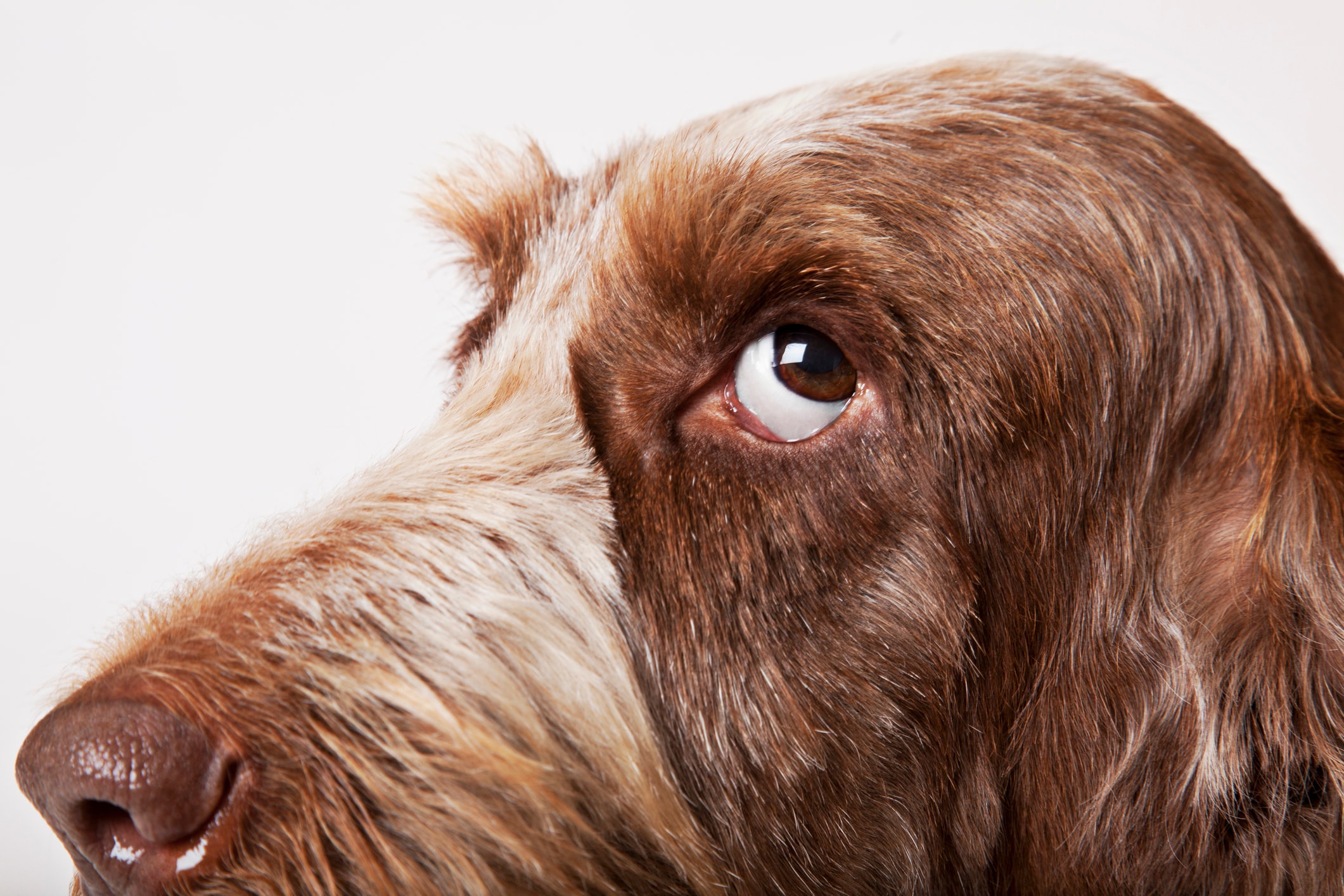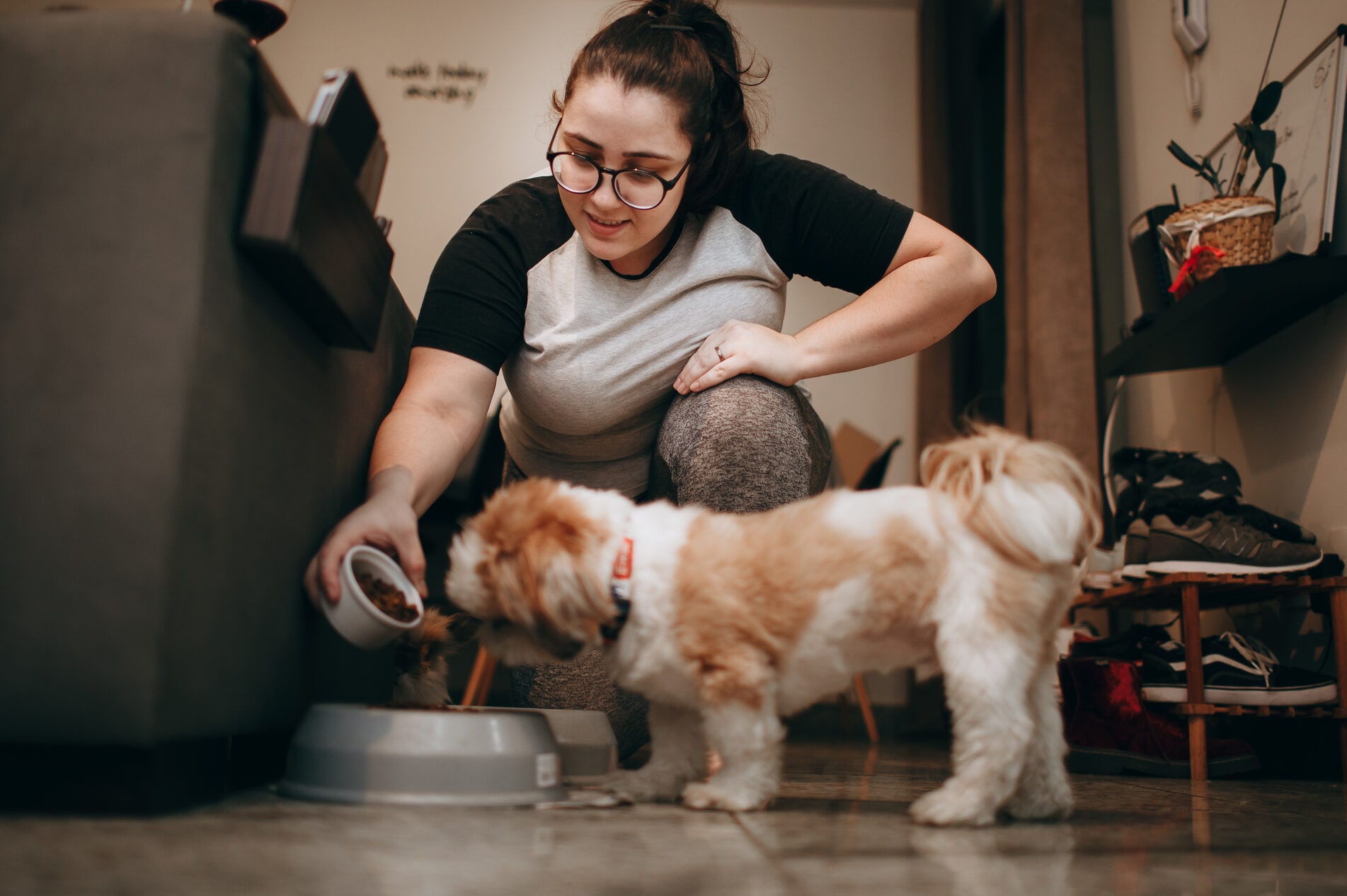Is your kitten suffering from diarrhea? This messy situation can put a damper on a fun day together — not to mention make for a smelly litter box for you or the cat sitter to have the displeasure of cleaning — and can make you wonder if you should be concerned about your furry friend’s health. Here’s everything you need to know about five common causes of kitten diarrhea and how you can treat it.
What Causes Kitten Diarrhea?
Here are five reasons why your kitten might have diarrhea:
- Change in Diet
Kittens tend to be particularly sensitive to new food. As such, your new little furball can get diarrhea that is related to feeding and diet changes, says Dr. Denise Petryk, the director of veterinary services at Trupanion. In an effort to prevent diarrhea, you may want to continue to feed your kitten the food that she has been regularly eating.However, if you do want to try to introduce her to new foods, it’s important to change her diet gradually, over the course of a week or so. Furthermore, according to the American Animal Hospital Association (AAHA), you should never provide your kitten with cow’s milk as this may cause diarrhea as well.
- Change in Environment
According to Dr. Petryk, changes in general also can give your kitten diarrhea. As such, if you’re bringing home a new furry friend, it’s important that you make this transition as smooth as possible. One way you can do so is to wait to bring your kitten home until he is weaned at eight to 10 weeks of age.It’s also important for you to prepare a separate area in your house for him, as this will prevent him from feeling too overwhelmed by his new environment. Once your kitten gets used to his surroundings, you can then give him the run of the house.
- Parasites
Nursing kittens have the potential to get internal parasites, which can in turn lead to diarrhea. These parasites “may be passed from queen (mom cat) to kittens via eggs transferred through the mother’s milk,” says Dr. Elyse Kent, the founder of the only feline specialty hospital in Los Angeles County and a preferred provider with Vet24seven.The most common types of parasites that your kitten can get are roundworms, tapeworms, coccidia and giardia. “Only tapeworm segments and roundworms (like spaghetti) can be seen by our eyes in feces or in vomit,” says Dr. Kent. As such, your veterinarian needs to use a microscope to identify the eggs of other parasites.
- Infectious Organisms
According to Dr. Kent, infectious organisms can also cause diarrhea. These types of organisms can be passed down to your kitten from her mother. Your kitten may also become infected through contact with feces from other cats if that feces contains the organisms, says Dr. Kent. Your veterinarian can determine whether or not this is the cause of your furry friend’s diarrhea by performing a type of blood test called a PCR test.
- Disease
While there’s no need to panic before your pet has a diagnosis, diarrhea can also be a symptom of various potentially serious diseases. “Panleukopenia, or ‘feline parvovirus’ or ‘feline distemper,’ is one of the most serious causes of severe diarrhea,” says Dr. Petryk. Other diseases that could cause diarrhea in kittens include feline leukemia and feline immunodeficiency virus.
What Types of Treatment Are Available?
If your kitty is suffering from diarrhea, her treatment plan should depend on the specific cause. For example, it’s usually easy to treat diarrhea caused by diet changes, environmental changes and internal parasites, says Dr. Petryk.
If your kitten’s issue are brought on by a diet change, you can treat the issue at hand by adding probiotics into her diet and incorporating the last food she ate that didn’t cause diarrhea, she says. And if your kitten is suffering from worms or other parasites, you can use a de-wormer. However, if the diarrhea is the result of a more serious health issue, you may need antibiotics and other supportive care, says Dr. Petryk.
When Should You Bring Your Kitten to the Veterinarian?
If your kitten has diarrhea, bring her to the vet immediately. “The kitten urgently needs to get to the vet since fluid loss through diarrhea causes dehydration and electrolyte depletion, which is life threatening in the small, fragile body of a kitten,” says Dr. Kent. Your kitty will probably be fine — but be sure to bring an extra towel for the cat carrier.
Curious about your kitten’s upcoming milestones? Read Kitten Care Stages: Newborn to 72 Weeks.
Laura Agadoni is a pet writer and pet owner whose articles appear in various publications, such as The Daily Puppy, Pets on Mom.me, The Nest, Tom’s of Maine, The Penny Hoarder and Trulia.
* This article is for general informational purposes only. It is not intended nor implied to be providing medical advice and is not a substitute for such advice. The reader should always consult a health care provider concerning any medical condition or treatment plan. Neither Care.com nor the author assumes any responsibility or liability with respect to use of any information contained herein.





